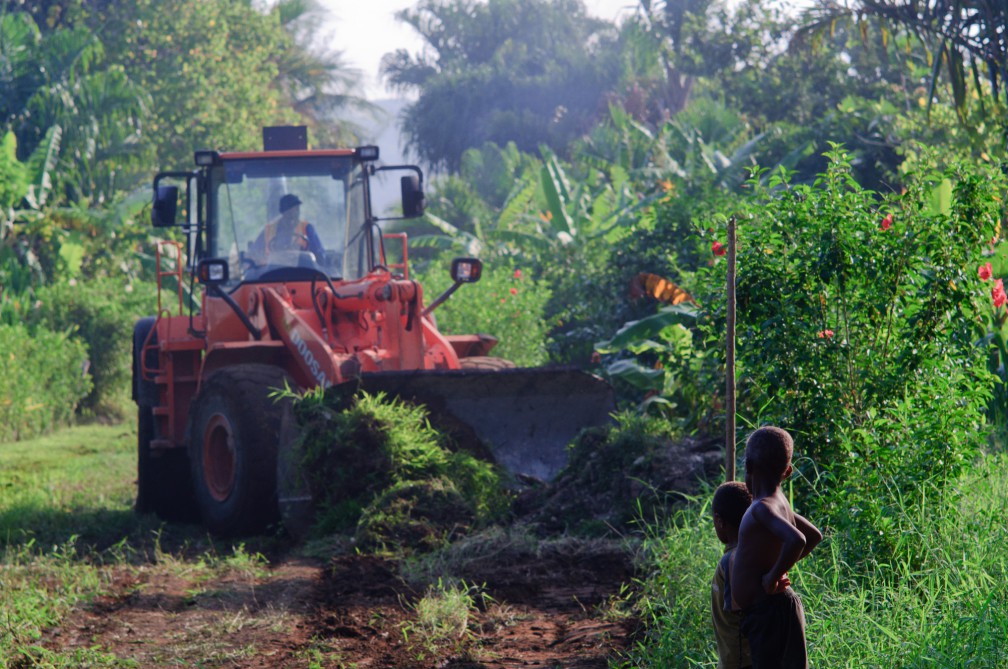Originally published on Pacific Politics
Vanuatu’s budget books, released earlier this month, reveal a fairly healthy economy. When you look at the broad strokes, that is. But they are far less revealing than they should be about the road ahead for the tiny island nation.
Overall, the economic news is okay. Revenues have improved significantly, largely because customs and inland revenue has tightened up its processes. Businesses are now closer to paying what they actually owe. The world economy is improving, and so is Vanuatu’s. Growth is expected to increase, from 3.3% in 2013 to 5.1% in 2014, and even higher in 2015. Inflation will remain low, likely less than 3% in the coming year. The government is taking on USD 5 million in new debt in order to contribute to a number of largely donor-funded infrastructure projects.
But dig a little deeper, and things appear less rosy. The budget does little to reflect the government’s goal of ‘a Just, an Educated, Healthy and Wealthy Vanuatu’. Overspending on scholarships in 2013 has not only left the department of education constrained at the very moment when it should be investing heavily in teachers, schools and educational resources, it’s diverted money from other areas as well.
In health, things don’t look so good either. Whatever we may think about the department’s recent decision to focus on medicine to the exclusion of other activities, it’s clear that much could be done to improve the ministry’s policy-making and implementation processes. A recent outbreak of dengue in Port Vila has caught it flat-footed. The cost in terms of medical care and, potentially, in lives, will only add to the nation’s burden.
Vanuatu managed to get through the recent global economic downturn with less damage than some of its neighbours. Some part of this is due to the government’s efforts in recent years to liberalise certain sectors, to improve conditions for businesses large and small, and to improve its own administrative processes as well. The result is that the country is a better place to do business than it was.
But we’re facing a welter of challenges still. The 2010 census contains stark evidence that the country is becoming increasingly urbanised. When peri-urban neighbourhoods like those surrounding the Port Vila and Luganville municipalities are factored in, we see that the old 80/20% rural/urban split no longer holds. Over the last few years, falling commodity prices and lack of opportunity have drawn more and more young adults into our towns. Back in 2010, the division was closer to 70/30, and based on observation alone, it’s clear that this trend is continuing at a rapid pace. Continue reading

